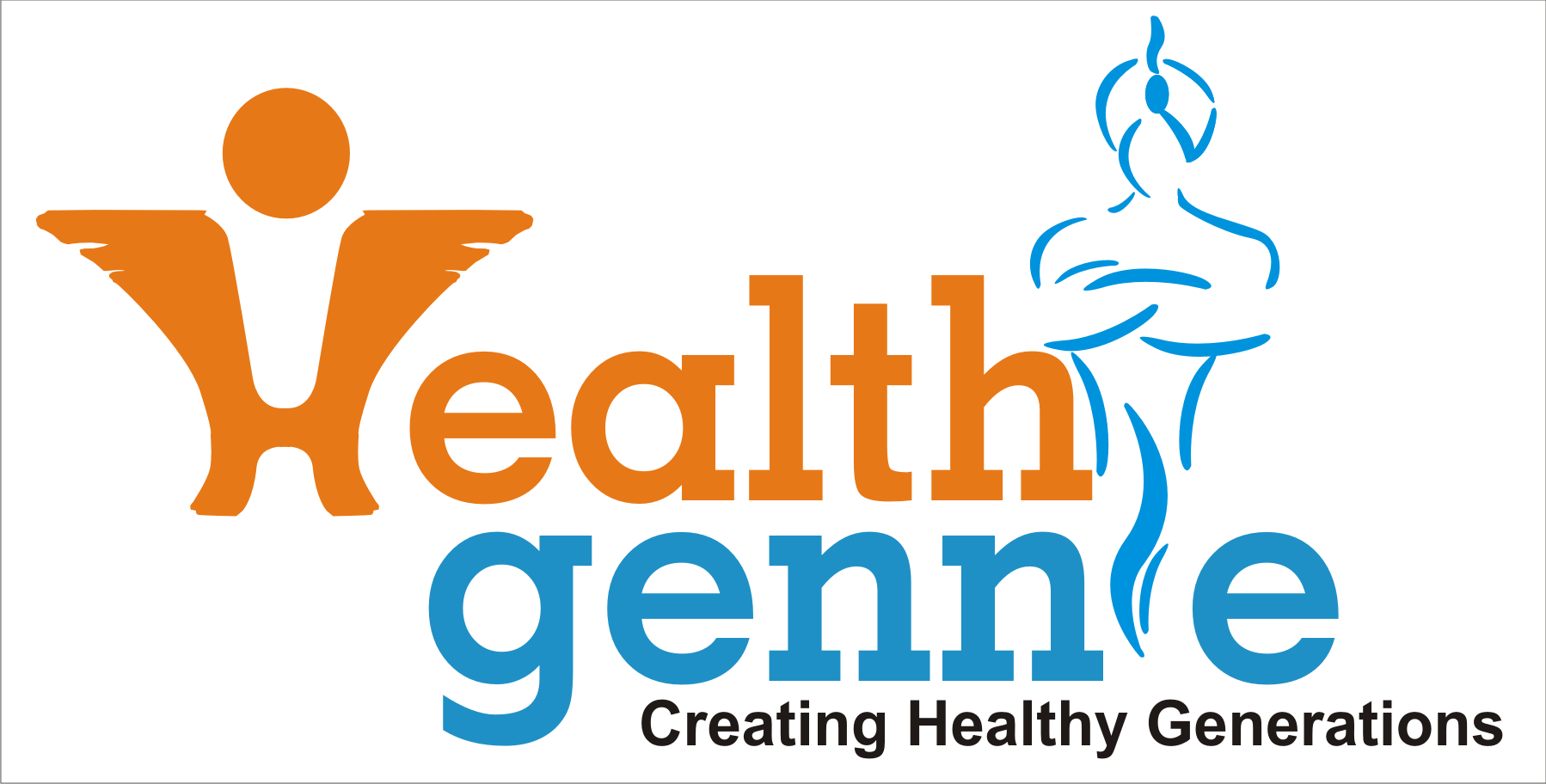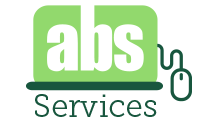Description

Health Gennie

KiviCare
Comprehensive Overview: Health Gennie vs KiviCare
Health Gennie Overview
a) Primary Functions and Target Markets: Health Gennie is a healthcare platform aimed at improving patient care through technology. It offers an integrated suite of services, primarily focused on connecting patients with healthcare providers, managing health records, and facilitating remote consultations. Key features include appointment scheduling, video consultations, health monitoring, and personalized health dashboards.
The target market for Health Gennie includes individual consumers seeking comprehensive healthcare management tools and healthcare providers such as clinics and hospitals that wish to streamline their digital patient interaction and record-keeping processes.
b) Market Share and User Base: As a digital healthcare platform, Health Gennie caters to a niche market primarily consisting of urban consumers and healthcare providers keen on adopting digital solutions. Its market share is more regional, focusing on specific geographies where healthcare digitization is gaining momentum. The user base typically counts thousands of individual users and a smaller, but steadily growing number of healthcare facilities.
c) Key Differentiating Factors:
- Comprehensive Ecosystem: Health Gennie has developed a broad platform that integrates multiple aspects of healthcare management, offering a more holistic approach to patient care.
- Patient-centric Features: The tool focuses heavily on the patient's continuous health engagement and monitoring, with features like health dashboards and long-term data tracking.
KiviCare Overview
a) Primary Functions and Target Markets: KiviCare is a practice management and patient engagement software designed for healthcare professionals. It provides features like electronic medical records (EMR), appointment scheduling, billing, telemedicine, and analytics. The software is primarily targeted at small to medium-sized clinics and individual healthcare practitioners.
KiviCare's focus is on streamlining practice management, so its primary target market includes individual physicians, small clinics, and specialized medical practices looking to improve efficiency and patient engagement.
b) Market Share and User Base: KiviCare's market presence is also developing, with its user base primarily consisting of small to medium-sized healthcare practices. Its adoption is growing among practitioners who favor comprehensive practice management tools over larger, enterprise-grade solutions. The software is often favored in regions looking to transition from paper-based records to digital systems.
c) Key Differentiating Factors:
- Focus on Small Practices: KiviCare is specifically designed to suit the needs of smaller healthcare providers, offering essential EMR and practice management functionalities in a scalable package.
- User-Friendly Interface: Known for its intuitive design, KiviCare makes it easy for smaller practices to digitize their operations without needing extensive technical expertise.
Comparison and Differentiation
Market Positioning:
- Health Gennie caters to a broader segment with features extending into continuous health management for individuals and support for healthcare facilities.
- KiviCare is specifically aimed at smaller practices where efficient operation and simplicity are critical.
Market Share and User Base:
- Health Gennie has a more patient-centric model, which potentially leads to a wider individual user base.
- KiviCare may have a deeper penetration within small to medium-sized medical practices focusing on practice efficiency.
Product Features:
- Health Gennie combines patient engagement with healthcare provider management, while KiviCare leans towards improving operational efficiency in small clinics.
- Differentiation in feature sets, with Health Gennie focusing on patient monitoring, and KiviCare emphasizing practice management and operations.
These differentiators highlight how each platform is tailored to meet the specific needs of its target customer base, aligning product offerings with the primary challenges faced by those users.
Contact Info

Year founded :
2017
+91 89299 20932
Not Available
India
http://www.linkedin.com/company/health-gennie

Year founded :
Not Available
Not Available
Not Available
Not Available
Not Available
Feature Similarity Breakdown: Health Gennie, KiviCare
When comparing Health Gennie and KiviCare, both platforms are designed to offer digital healthcare solutions, primarily focusing on improving the management of healthcare services. Here’s a breakdown of their similarities and differences:
a) Core Features in Common
-
Appointment Management:
- Both platforms offer robust appointment scheduling systems, allowing patients to book, reschedule, or cancel appointments with healthcare providers.
-
Patient Records:
- They provide features for managing patient records, including storing medical histories, medications, allergies, and treatment plans.
-
Telemedicine:
- Both support telemedicine, enabling virtual consultations between patients and healthcare providers, which is crucial for reaching patients in remote areas.
-
Billing and Invoicing:
- They include billing and invoicing systems to streamline the financial aspects of practice management, making it easier for both healthcare providers and patients.
-
Healthcare Provider Management:
- The platforms offer tools for managing healthcare provider profiles, schedules, and availability.
b) User Interface Comparison
-
Health Gennie:
- Usually offers a user-friendly interface with a more holistic focus on both patient and provider needs. It likely emphasizes intuitive navigation with a clear layout designed to minimize the time it takes for users to access essential features.
- The aesthetic is often clean and professional, aimed at making users feel confident in managing personal health information.
-
KiviCare:
- Known for a modern and sleek design with a focus on efficiency, KiviCare's interface might lean towards simplifying detailed processes such as EHR management.
- It often emphasizes responsiveness and adaptability, ensuring compatibility with various devices and screen sizes.
c) Unique Features
-
Health Gennie:
- Personalized Health Plans: Health Gennie may offer personalized health and wellness plans based on individual patient data, providing tailored healthcare recommendations.
- Health Monitoring: The platform might include features for continuous health monitoring, integrating with wearable devices to track vital signs and other health data.
-
KiviCare:
- Customizable Templates: KiviCare might offer highly customizable templates for electronic health records, enabling clinics to tailor data entry to specific practice needs.
- Multi-language Support: KiviCare often supports multiple languages, catering to a diverse user base and making it more accessible to non-English speaking patients and providers.
Each platform provides a comprehensive suite of tools and features designed to improve the efficiency of healthcare delivery, though their unique offerings and interface designs may appeal differently to various users depending on their specific needs and preferences.
Features

Not Available

Not Available
Best Fit Use Cases: Health Gennie, KiviCare
Health Gennie and KiviCare are both solutions designed for healthcare management, but they cater to different needs and scenarios. Here's how they compare in terms of their best fit use cases:
Health Gennie
a) Best Fit for Health Gennie:
-
Chronic Disease Management Programs:
- Health Gennie's strength lies in its comprehensive approach to managing chronic diseases. Businesses that focus on long-term patient management and require constant monitoring would benefit most.
-
Large-Scale Health Facilities:
- Hospitals or health systems that need robust patient data management and integrated patient care solutions can leverage Health Gennie for its scalability and advanced features.
-
Wellness and Preventative Health Companies:
- Organizations that offer wellness programs or health coaching can use Health Gennie to track patient progress, set health goals, and offer personalized wellness strategies.
-
Remote Patient Monitoring Services:
- Companies that provide remote health monitoring can benefit from Health Gennie's technology, which supports telehealth and remote care services.
d) Industry Verticals or Company Sizes:
- Health Gennie is suited for mid to large-sized healthcare providers, hospitals, and multi-specialty clinics. It can cater to sectors like chronic care management, post-acute care, and health coaching providers given its robust feature set for patient engagement and health monitoring.
KiviCare
b) Preferred Scenarios for KiviCare:
-
Small to Medium Clinics:
- KiviCare is ideal for small to medium-sized clinics that require efficient outpatient department management without the added complexity that larger systems might entail.
-
Individual Practitioners or Small Group Practices:
- Independent doctors or small groups can use KiviCare to manage their appointments, patient history, billing, and other practice management tasks in a streamlined way.
-
Specialty Practices:
- Practices focused on specific medical specialties such as dermatology, orthopedics, or psychology can leverage KiviCare for its specialization capabilities without the need for a full-scale hospital management system.
-
Startups in HealthTech:
- New companies entering the healthcare field with limited budgets and focusing on outpatient care would find KiviCare’s straightforward implementation beneficial.
d) Industry Verticals or Company Sizes:
- KiviCare caters to small clinics, individual practices, and specialized healthcare providers. It supports smaller-scale healthcare operations, emphasizing ease of use and cost-effectiveness for startups and companies with more focused healthcare service delivery.
Summary
- Health Gennie: Best for larger, more comprehensive healthcare providers focusing on chronic care, wellness programs, and remote monitoring. It suits larger organizations requiring integrated, long-term patient care solutions.
- KiviCare: Tailored for smaller clinics, individual practitioners, and startups looking for efficient outpatient care management with fewer complexities. It excels in scenarios requiring quick implementation with targeted functionality for specialty practices or smaller-scale operations.
Each product is designed to cater to specific needs within the healthcare industry, providing tailored solutions based on the size and focus of the healthcare provider.
Pricing

Pricing Not Available

Pricing Not Available
Metrics History
Metrics History
Comparing teamSize across companies
Conclusion & Final Verdict: Health Gennie vs KiviCare
When evaluating Health Gennie and KiviCare, it's important to consider the specific needs of healthcare providers, patients, and institutions seeking digital health solutions. While both platforms offer promising features, the best option depends on the specific requirements and priorities of the user.
Final Verdict:
a) Best Overall Value: Choosing a platform that offers the best overall value requires examining not just cost, but also functionality, user-friendliness, scalability, and integration capabilities. If Health Gennie provides comprehensive health management features alongside strong patient engagement tools, it may offer better value for institutions prioritizing patient interaction. Meanwhile, if KiviCare is highly customizable and provides excellent practice management and clinical documentation tools, it may be deemed more valuable by small-to-medium clinics focused on efficient clinic operations. Therefore, the "best overall value" is subjective and depends greatly on the context of use.
b) Pros and Cons:
Health Gennie:
- Pros:
- Comprehensive health and wellness tracking.
- Strong patient engagement features that facilitate active participation in healthcare.
- Offers integrated health management tools, potentially reducing the need for external applications.
- Cons:
- Could have a steeper learning curve if many features are packed into the platform.
- May be more expensive or require higher operational input upfront.
KiviCare:
- Pros:
- Emphasis on customizable practice management and efficient clinical workflow solutions.
- User-friendly interface aimed at non-technical users, which can facilitate smooth adoption.
- Scalable features that can grow with the clinic or practice.
- Cons:
- May offer less in terms of direct patient engagement features compared to Health Gennie.
- Could have limitations if not adequately supported by third-party integrations.
c) Specific Recommendations:
- For Users Prioritizing Patient Engagement: If your goal is to enhance patient interaction and engagement, Health Gennie might offer more robust solutions with its patient-centric features.
- For Users Focused on Practice Management Efficiency: KiviCare should be considered if efficient clinical workflows and ease of use are paramount, particularly for smaller practices that need a straightforward, reliable practice management solution.
- Trial and Feedback: Both platforms may offer trial versions or demos. Engaging with these can provide firsthand experience, which is invaluable in determining which aligns best with operational goals.
- Future Growth Considerations: Assess each platform’s ability to scale with your practice or institution. The ability to integrate with other software systems or adapt to new health technologies could be crucial as needs evolve.
Ultimately, a more defined selection could be made by closely aligning your immediate requirements and projected growth with the capabilities of each platform.
Add to compare



